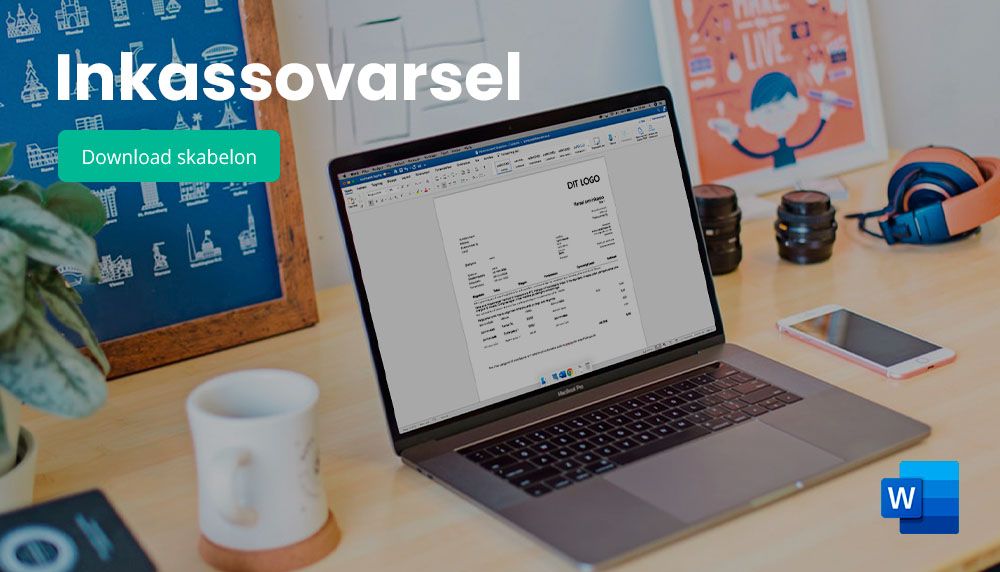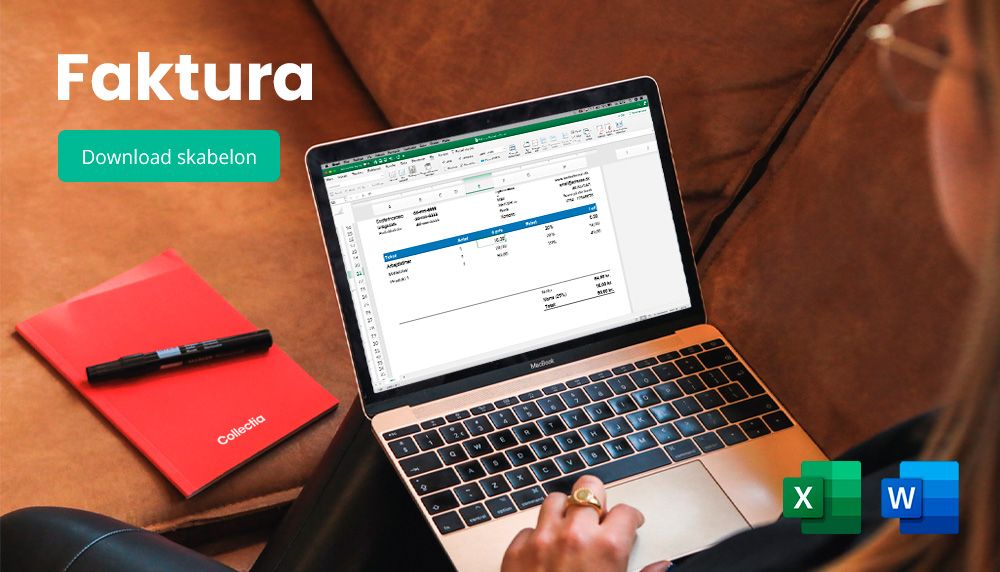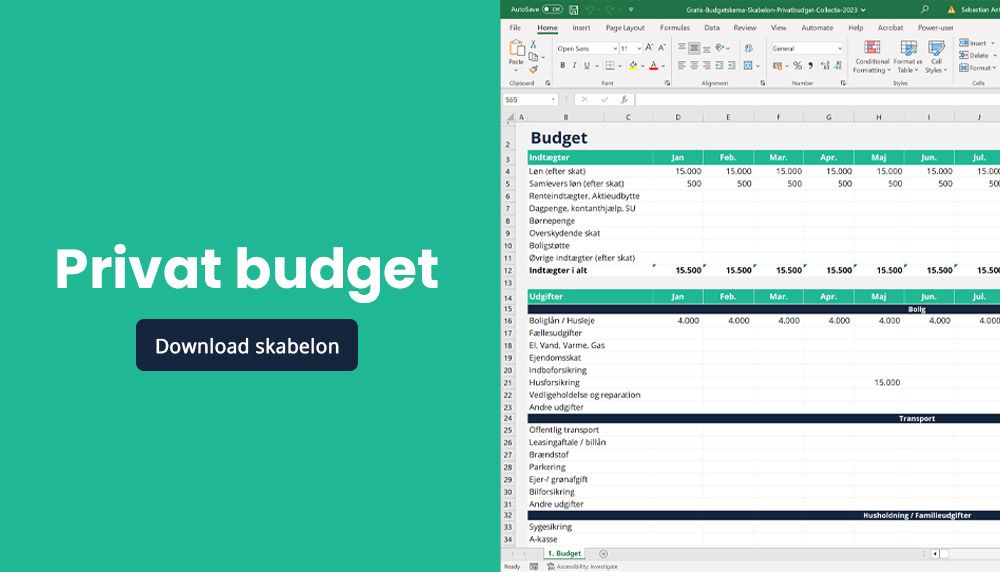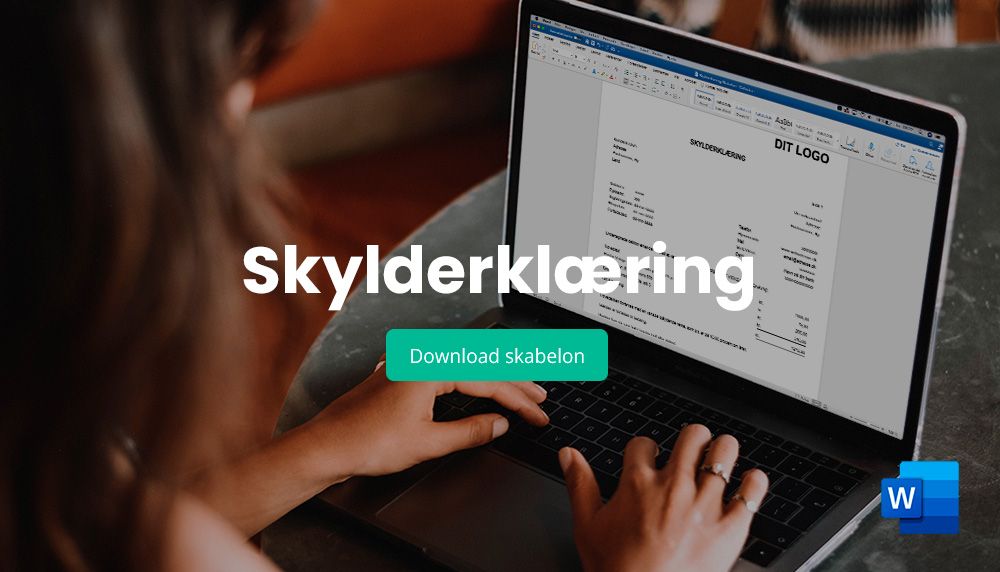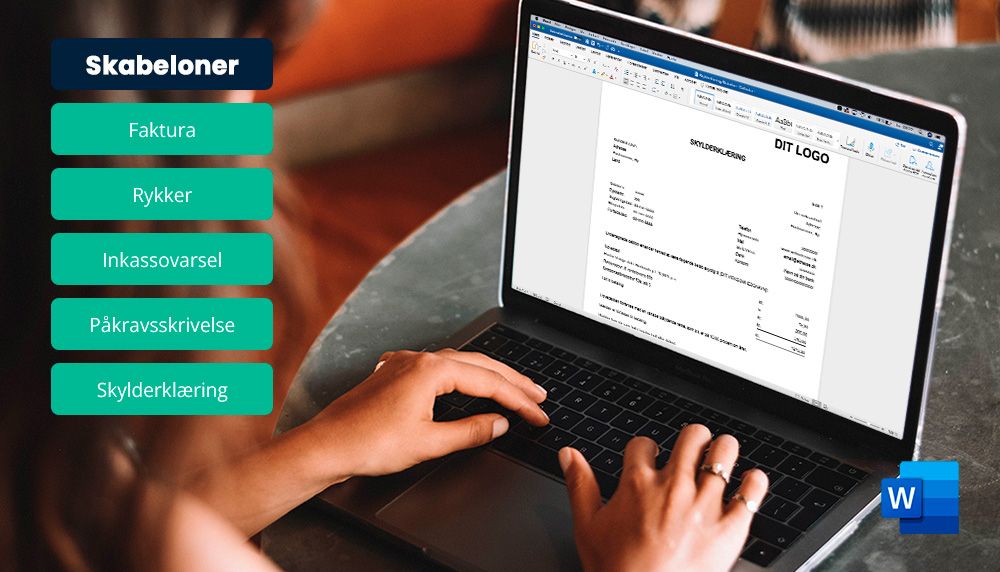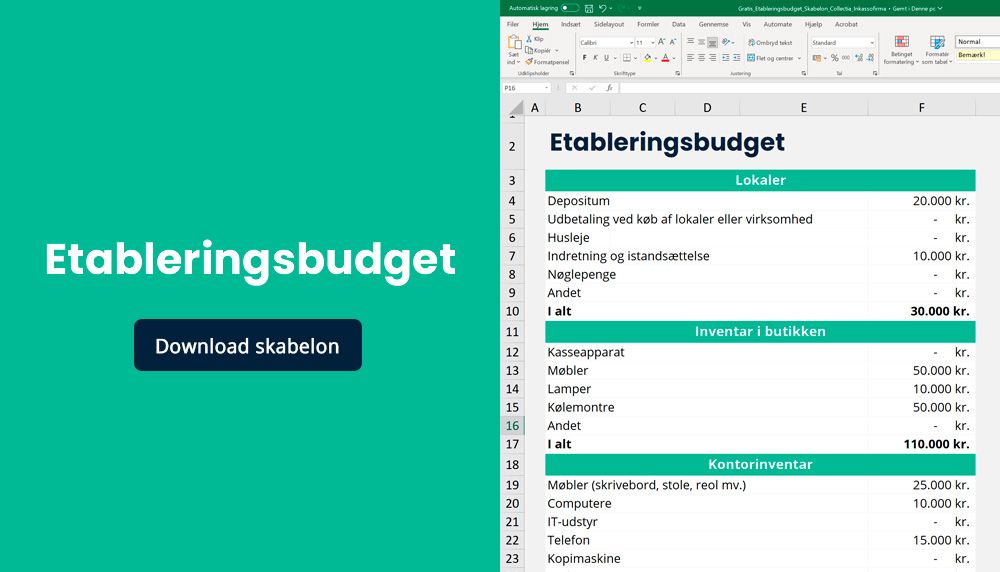
ERP
ERP stands for Enterprise Resource Planning and is a piece of software that can help businesses manage all the aspects that many companies need on a daily basis: sales, accounting, HR, bookkeeping, inventory management, support and maintenance, payroll and much more.
One of the strengths of an ERP system is that the company can manage many areas from a central location.
Who uses an ERP system?
Many different types of businesses today use an ERP system to manage important functions and departments within the company - from manufacturing companies, service companies to trading companies.
Most companies that use an ERP system have one thing in common: they are typically companies of a certain size - and therefore also companies that have more employees, more departments and more functions.
In other words, few sole proprietorships or companies with low complexity, such as consultancies, will be able to fully benefit from an ERP system and its capabilities for inventory management, customer service, etc.
What is the difference between an ERP system and an accounting program?
There is a big difference between an accounting program and an ERP solution.
The ERP solution is a unified system that can manage all aspects of a company's operations: sales, customer service, inventory management, accounting and much more.
Accounting and finance software is often more focused on solely managing the finance function: bookkeeping, invoicing, etc.
Many accounting programs today have the option to connect a number of apps and integrations to their solution, making their accounting program more similar to an ERP system. For example, there are integrations and apps for accounting software that can be expanded with functionality within debt collection, HR, payroll, etc.
The largest ERP systems
There are a number of ERP systems worldwide, the largest of which are:
- Microsoft Dynamics NAV (today Microsoft Dynamics 365 Business Central)
- SAP
- Oracle
- SYSPRO
The most used ERP system in Denmark is still considered to be Microsoft Dynamics (Navision) and its successor, Microsoft Dynamics 365 Business Central.

